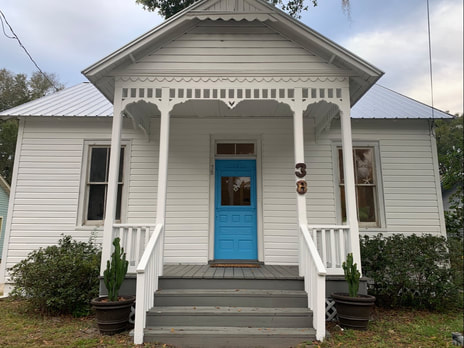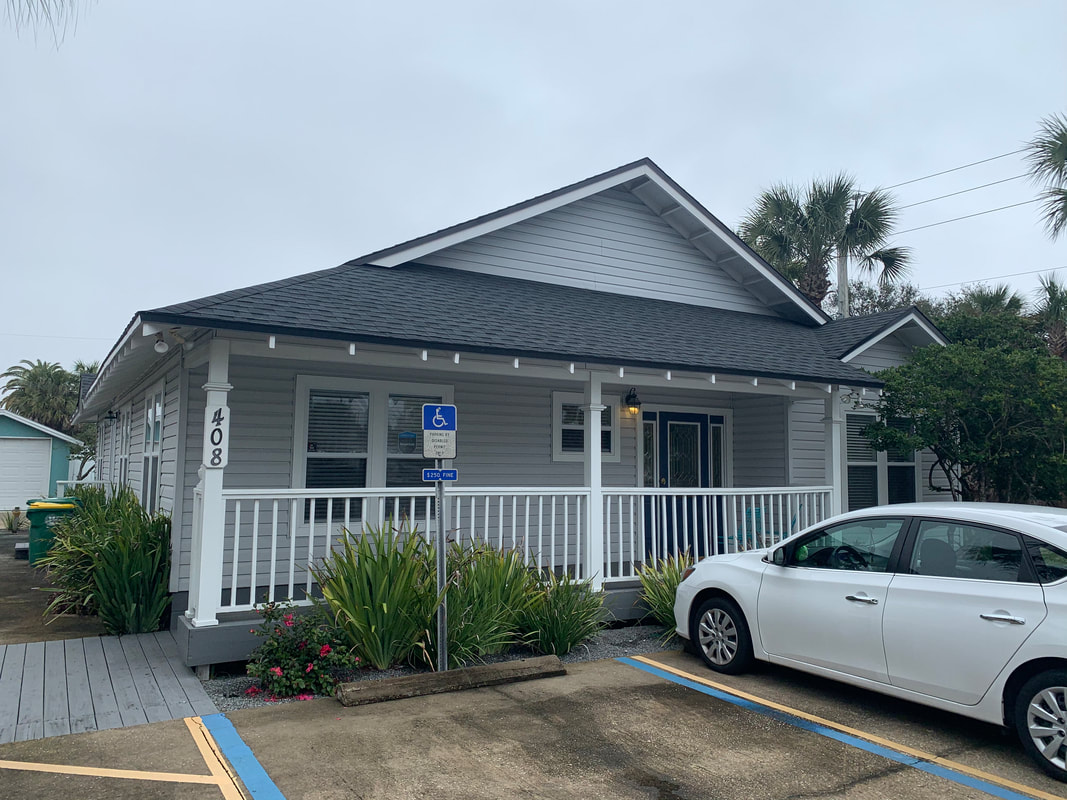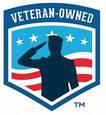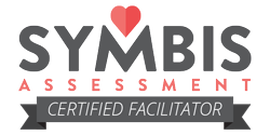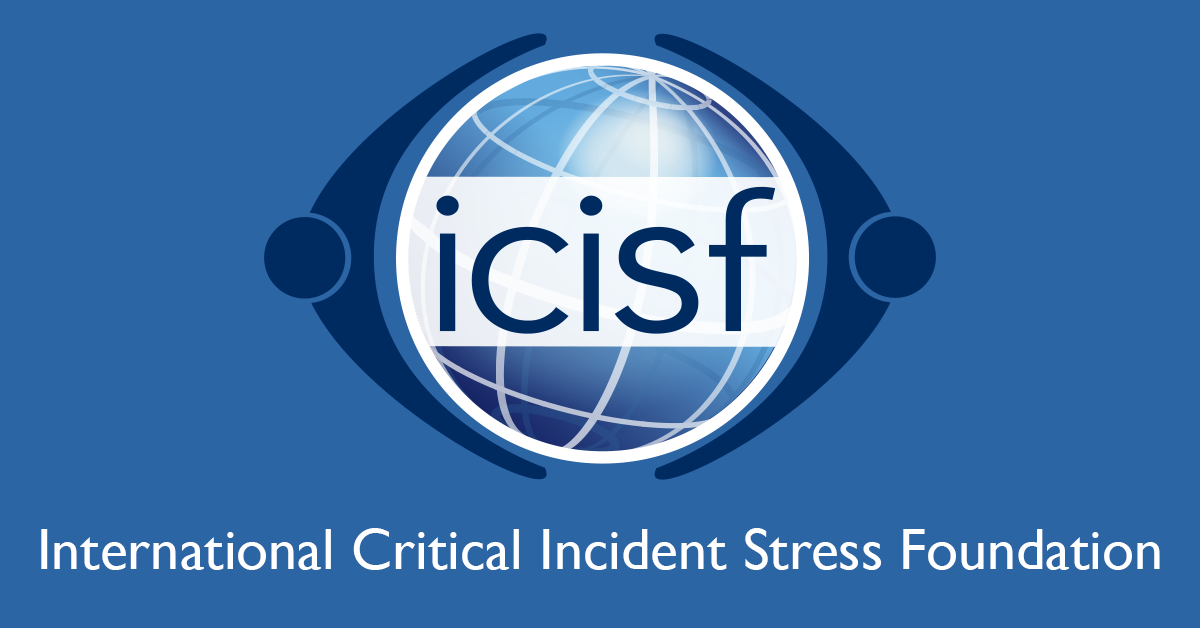|
Two years ago, I went to see The Revenant in the movie theatre with some friends.. I sat on the edge of my seat from the moment the film opened until the credits rolled as I watched this semi-biographical (aka mostly true) story of Hugh Glass unfold..
What struck me most was the resilience of the Hugh G;lass. He endured staggering life threatening circumstances out on the frontier as an experienced fur trapper. Any one of these experiences would have been sufficient to kill a man, yet he survived;
Hugh Glass is "the revenant." The official definition is "a person who has returned, especially supposedly from the dead." In more modern terms, we might say, he is resilient. The American Psychological Association defines resilience as, "the process of adapting well in the face of adversity, trauma, tragedy, threats or significant sources of stress — such as family and relationship problems, serious health problems or workplace and financial stressors. It means "bouncing back" from difficult experiences." Several years ago while serving a non-profit in Chattanooga, I was introduced to the work of the Search Institute. Over two days we were trained in the 40 Developmental Assets. "Search Institute has identified the key building blocks of healthy development—known as Developmental Assets—that help young children grow up healthy, caring, and responsible." The more of these assets a young person possesses correlates to their flourishing later in life and less likely they are to out in a wide range of high risk behaviors. As adults, we are each individually charged with our ongoing lifelong development of resilience in several key areas; emotional, spiritual, relational and financial. According to Search Institute, the majority of these assets that we need are linked to the community around us. If a community embraces serving as a catalyst for investing itself in the lives of young people, the greater likelihood it will have forming strong resilient adults. Resilient adults are most often formed in intentional community. For the last few years, I have been getting together monthly with a couple other men. Since the film's release, we have referred to our gathering as "The Revenant." Our hope is to lift up a spirit of resilience as husbands, fathers and business owners in some specific key areas of our character. We discuss character threats that seek to wipe us out. We believe that resilience is best formed in the context of healthy community and authentic connection. In 2008, a friend invited me to read a book with him called "Deadly Viper Character Assassins." Mike Foster and Judd Wilhite have identirtied 7 deadly character assassins where adults must develop durable character resilience; 1. Careless Decisions 2. Unhealthy Emotions 3. Toxic Busyness 4. Self Deception 5. Sexual Temptation 6. Materialism 7. Egowww.youtube.com/watch?v=IB1grF0uF_Y&t=30s In my work with adolescents and families over the last 20 years, these seven areas seem to be most reflected in what brings clients into counseling. When people experience some brokenness or fallout in any one of these areas, the key to resilience is what Mike Foster describes that we need a way to recover. Mike Foster recommends that when we experience a setback of any kind we must; (1) Admit it authentically. (2) Amend it adequately. (3) Get back to work. ARTICLES PROMOTING RESILIENCE : 10 Traits of Emotionally Resilient People 5 Steps to Help Build Emotional Resilience 10 Ways to Boost Your Emotional Resilience The Road to Resilience Developmental Assets - Discovering What Kids Need to Succeed Why Is Spiritual Growth Often Seen As Backsliding
2 Comments
|
ELBOW TREEArchives
July 2023
Categories
All
|


 RSS Feed
RSS Feed
